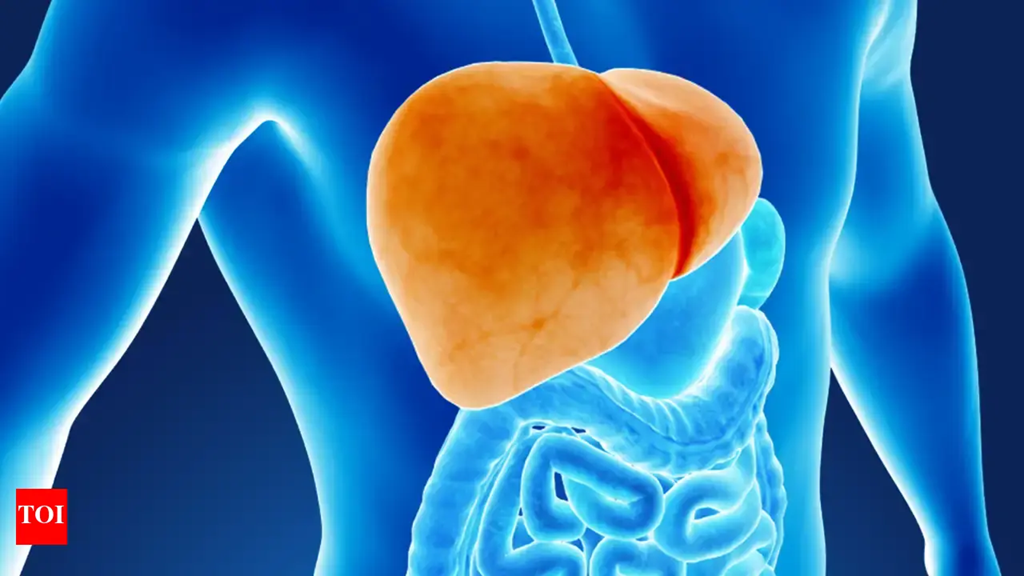
Two recently published studies suggest that people taking blood sugar lowering drugs such as sodium-glucose cotransporter-2 (SGLT2) inhibitors and glucagon-like peptide-1 (GLP-1) receptor agonists, typically prescribed for type 2 diabetes or obesity, could have reduced risk for dementia.
Notably, the JAMA Neurology studies had slightly differing outcomes, with a systematic review and meta-analysis of cardioprotective glucose-lowering therapy showing only GLP-1 therapies were linked to reduced dementia risk, whereas the other study showed both SGLT2 and GLP-1 therapies to be protective.
In an accompanying editorial to the studies, Diana Thiara, MD, researcher and clinician at the University of California, San Francisco, pointed out that in the study that compared the SGLT2 and GLP-1 therapies “isolating semaglutide, the newest and most potent GLP-1 receptor agonist on the market, showed decreased risk of Alzheimer’s disease and related dementias compared with SGLT2 inhibitors.”
The systemic review and meta-analysis study, led by Catriona Reddin, a clinician and researcher at the University of Galway in Ireland, included 26 randomized controlled trials with a total of 164,531 participants. The trials included people taking cardioprotective glucose-lowering therapy—12 evaluated SGLT2 inhibitors, 10 GLP-1 receptor agonists, and 1 pioglitazone—and recorded signs of dementia or cognitive changes.
The study showed no overall reduction in dementia or cognitive impairment in people taking these blood sugar lowering medications, although when the researchers analyzed by drug class there was a significant 45% reduction in dementia risk in people treated with GLP-1 therapies versus controls.
The other study, led by Jingchuan Guo, MD, PhD, a clinician and researcher at the University of Florida College of Pharmacy, compared SGLT2 and GLP-1 therapies directly and found they both had a protective effect in people with type 2 diabetes.
They compared 33,858 patients taking GLP-1 receptor agonists with other glucose-lowering drugs, 34,185 patients taking SGLT2 inhibitors vs other with other glucose-lowering drugs and also did a head-to-head comparison of the two classes in 24,117 patients.
Overall, SGLT2 and GLP-1 therapies reduced risks of dementia by 43% and 33%, respectively, compared with other glucose-lowering medications. On the direct comparison, the researchers found no significant neuroprotective differences between the two classes, except when they looked at semaglutide alone, which was 46% more protective than SGLT2 inhibitor treatment.
Although these two drug classes have been available to treat type 2 diabetes for a similar amount of time, there has been a large amount of development in the GLP-1 space recently. It may be that the newer and more effective GLP-1 receptor agonists like semaglutide, approved for type 2 diabetes in 2017 (brand name Ozempic) and for obesity (brand name Wegovy) in 2021, have a more profound neuroprotective effect than earlier iterations of these medications.
“It is possible that these new drugs, with enhanced mechanisms of action like dual or triple agonism, could have even more potent neuroprotective effects,” wrote Thiara. “GLP-1 receptor agonists have already shown promise in reducing inflammation, oxidative stress, and neuronal damage, which are key factors in neurodegenerative diseases… By targeting multiple pathways simultaneously, these next-generation drugs may further enhance brain health.”









![Best Weight Loss Supplements [2022-23] New Reports!](https://technologytangle.com/wp-content/uploads/2022/12/p1-1170962-1670840878.png)




